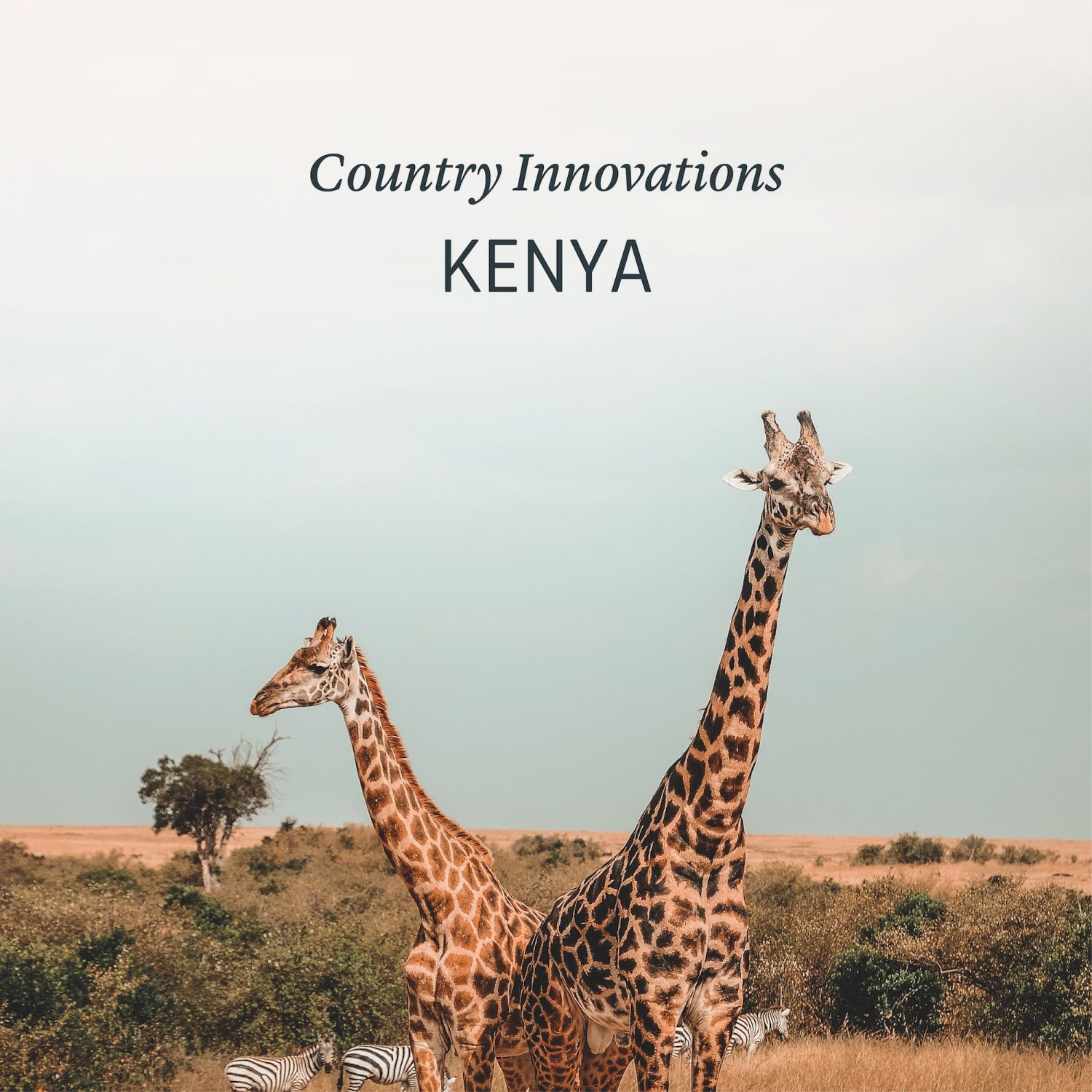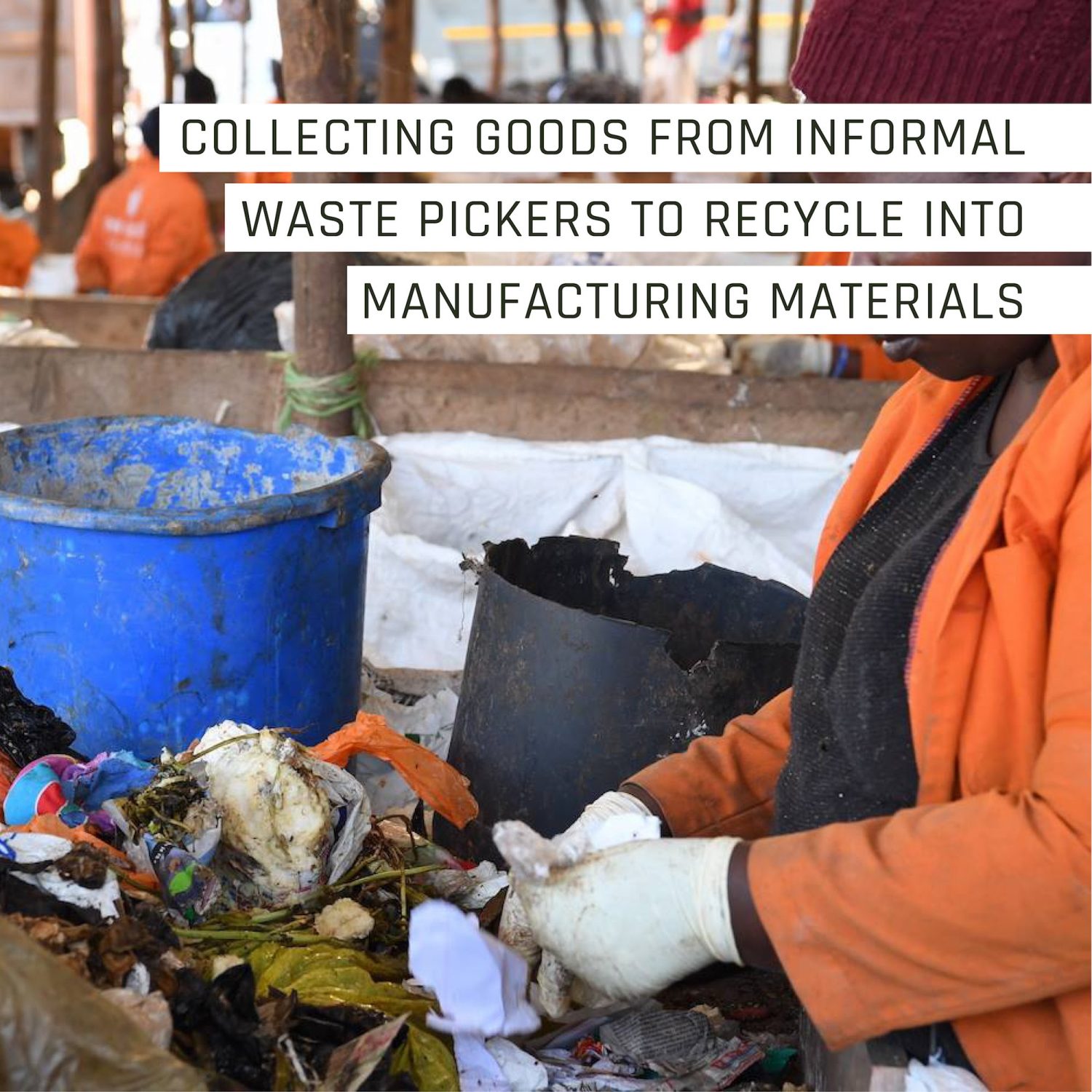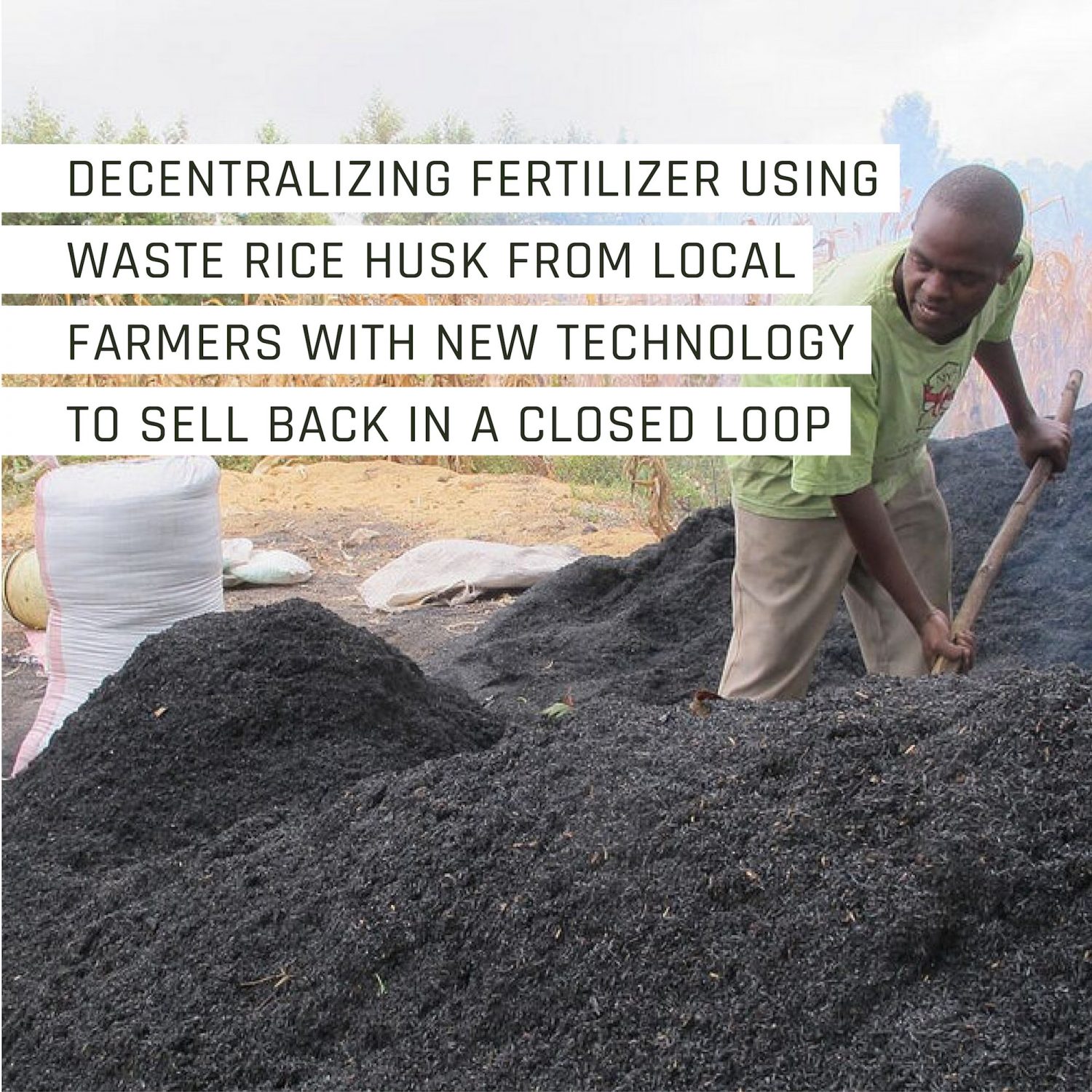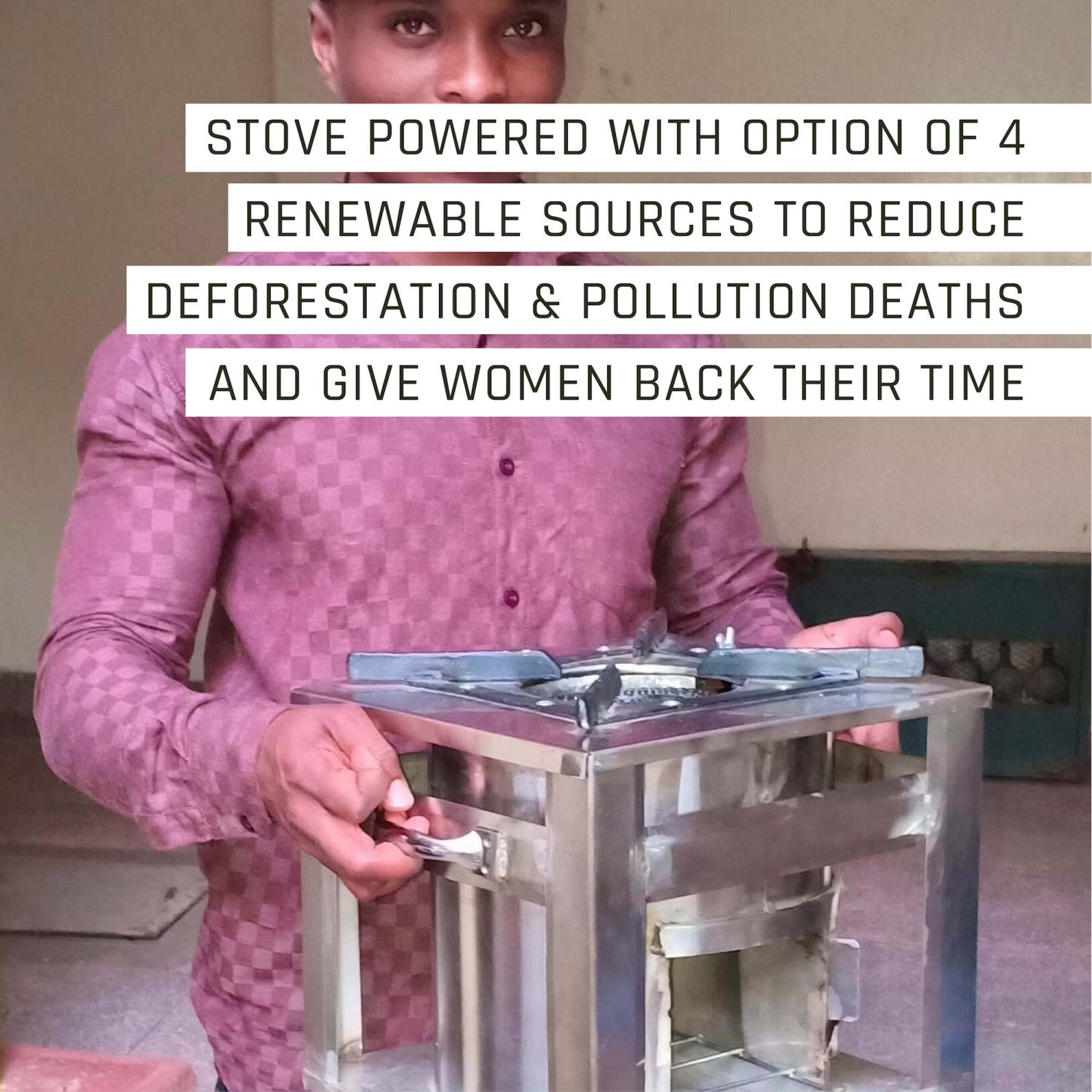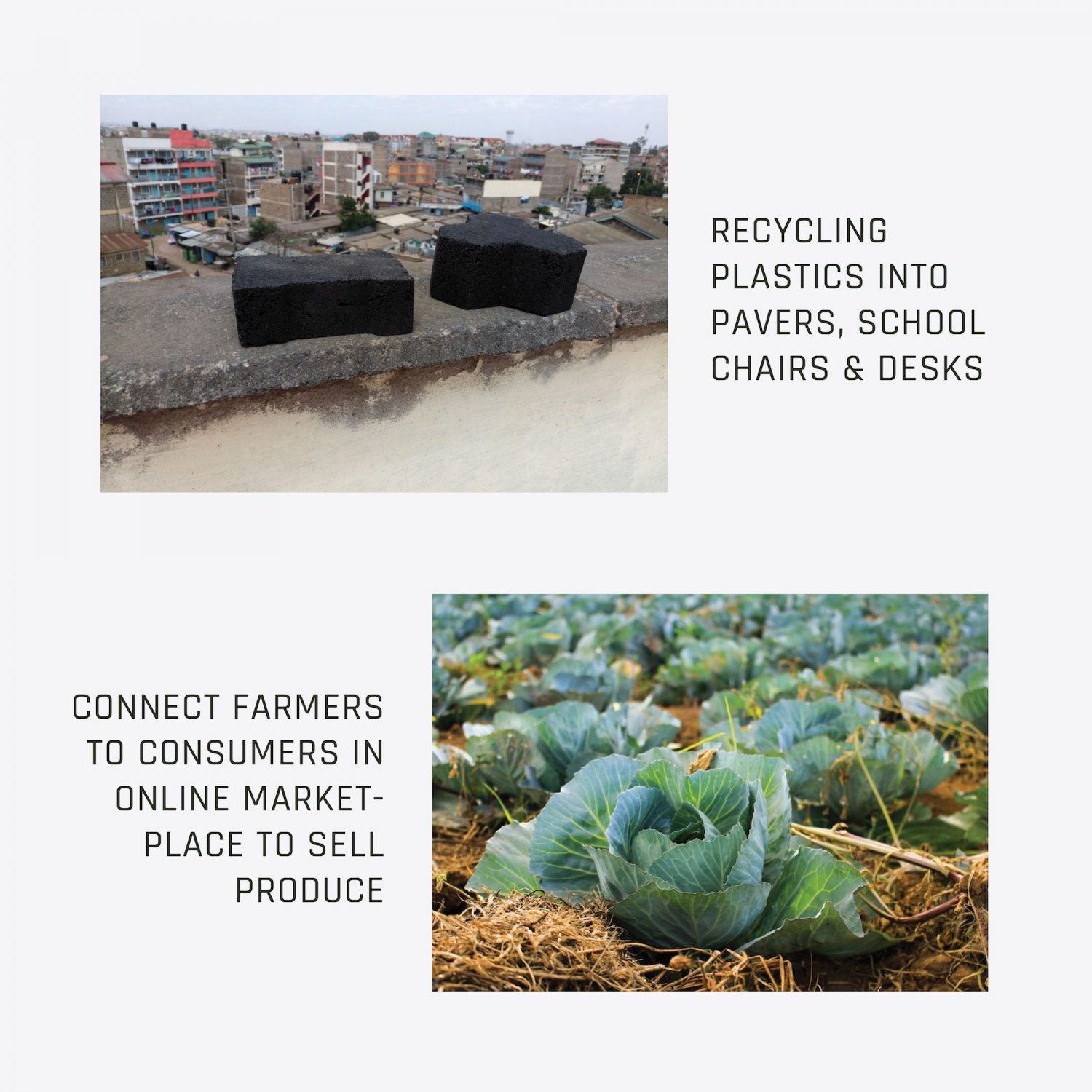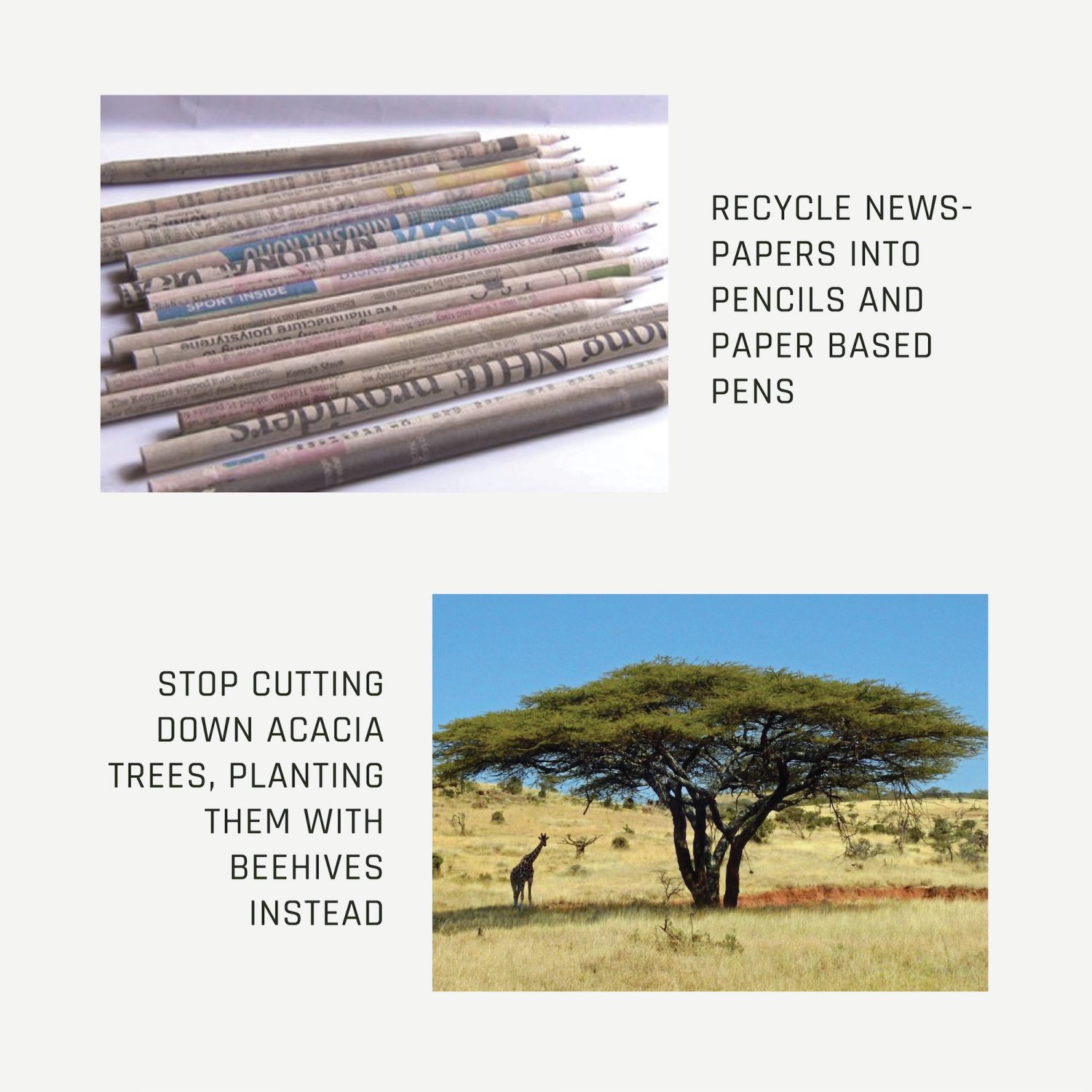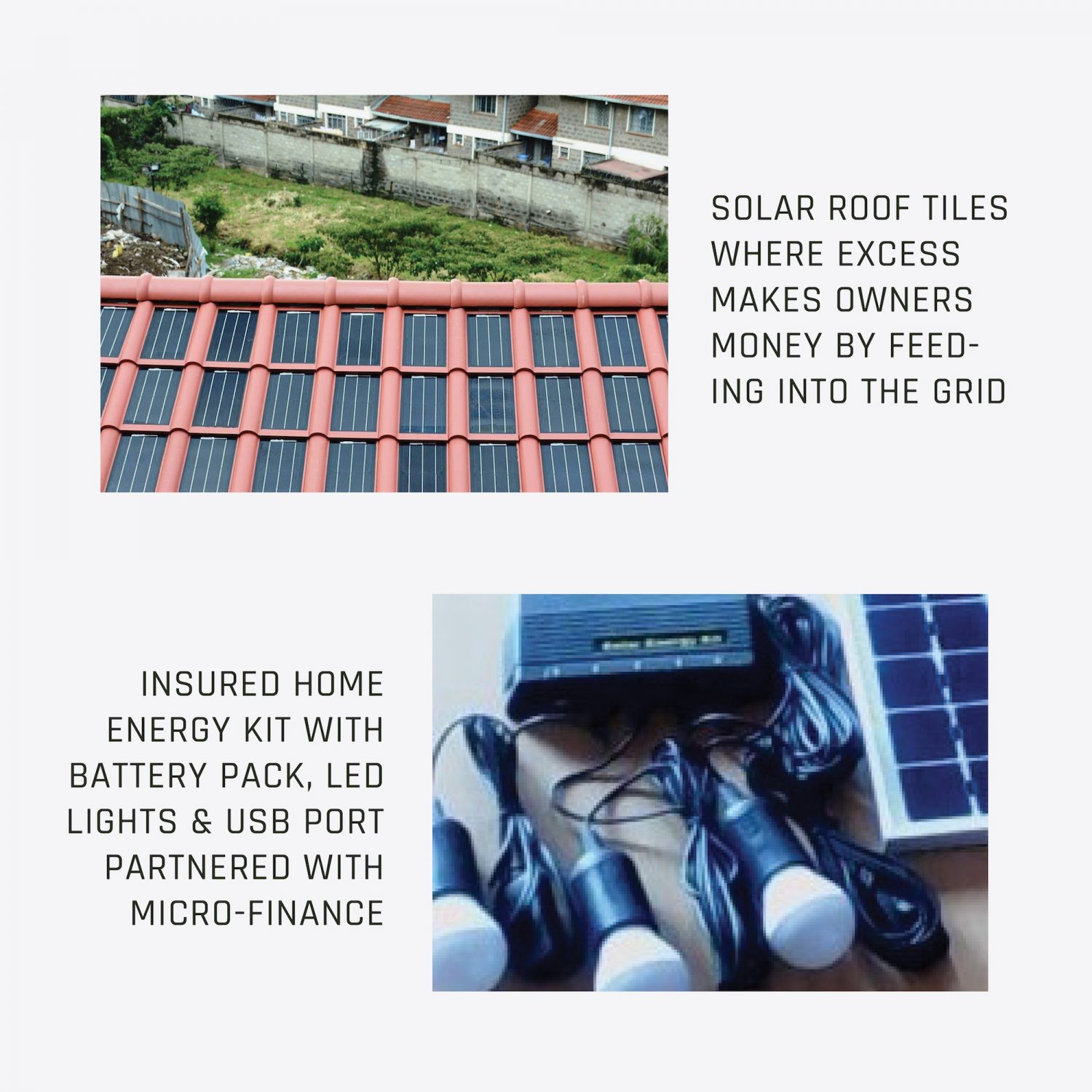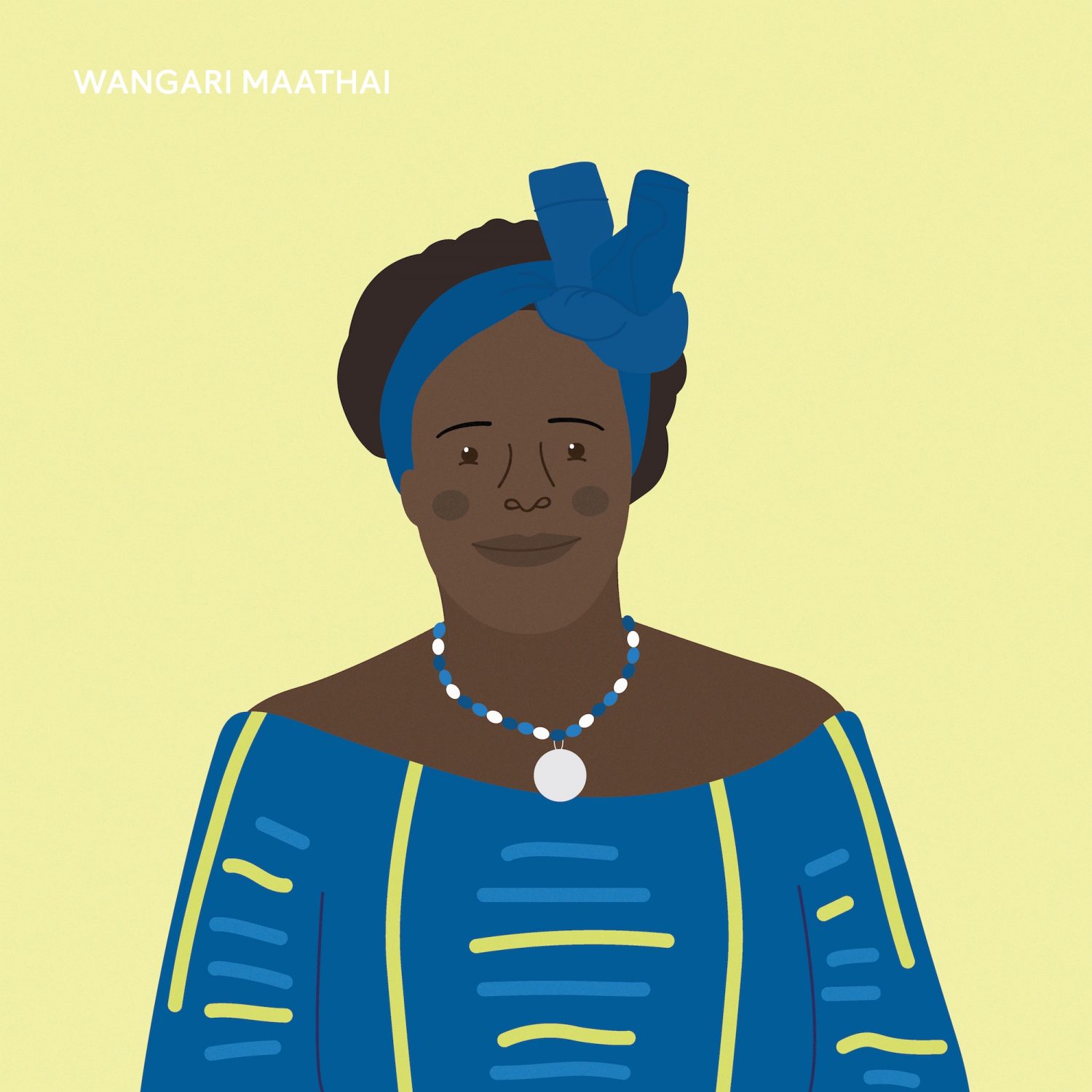Over the course of our research we come across a lot of innovations, processes, new solutions & initiatives countries are putting in place. We want to highlight some of these in each country and show how this is changing the world (and maybe give some ideas for where you live).
This post is covering Kenya in Africa.
Lis also lived in Nairobi about 18 months after the introduction of mPesa, the mobile payment wallet system that didn’t require a bank account and kicked off more than 100 similar systems across the world (if you don’t know about this learn more here). More than a quarter of Kenya’s GDP now runs through it – it is one of the most incredible tech success stories. It was an exciting time and created a rush on innovation and business resulting in the Silicon Savannah and plenty of start up hubs in the city leading to some of the businesses featured below.
Ranking on Global 2018 Innovation Index: 78
(rank in all countries across the world)
Efficiency Ratio Rank: 41 (0.69)
(this ratio shows how much innovation output a given country is getting for its inputs.)

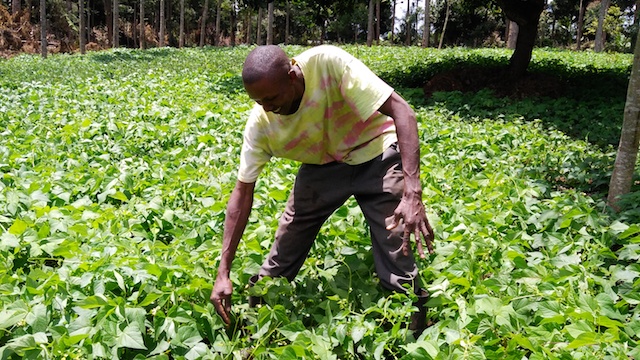
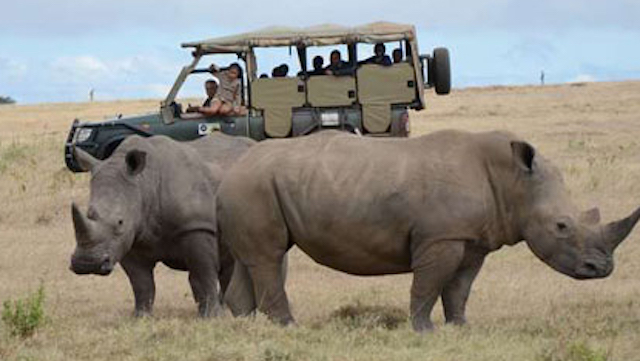

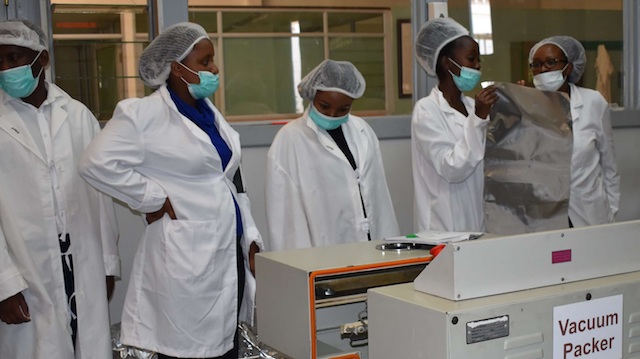
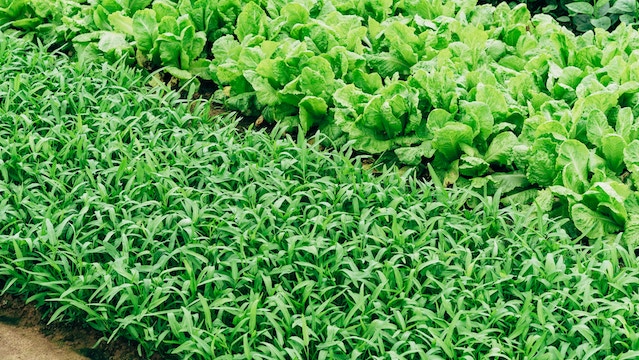
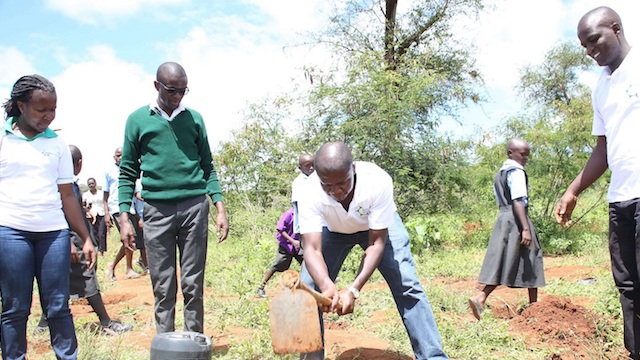

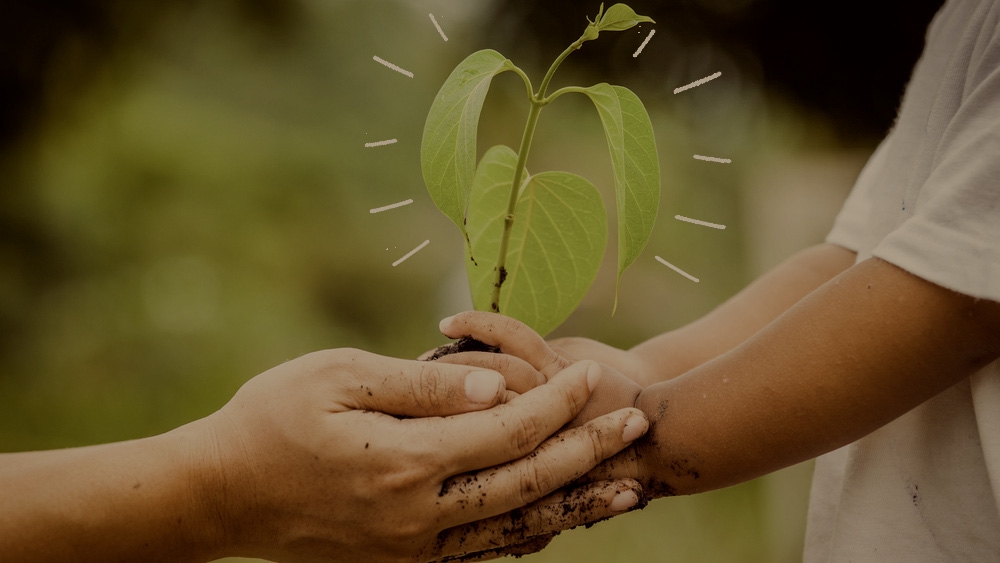
All image credits belong to the respective organizations listed below.
The innovation capital of Africa
Kenya has a number of exciting hot spots for new and innovative businesses particularly around agriculture. Nairobi, Navaisha and Mombasa all shine (and travel tip: they’re all worth visiting!). Outside investment is also buoying the startup scene. Here are some fantastic initiatives in the environmentalism startup space:
Switch Africa Green
In partnership with the EU & 6 African countries to achieve sustainable development whilst generating growth, creating good jobs and reducing poverty.
Learn more
Kenya Climate Innovation Centre
An incubator that accelerates the development, deployment and transfer of locally relevant climate and clean energy technologies.
See it here
The Green Belt Movement
You can't mention environmentalism and Kenya without also talking about Wangari Maathai (Nobel Peace Prize winner). GBM is all about the trees and empowers women to conserve the environment.
Learn more
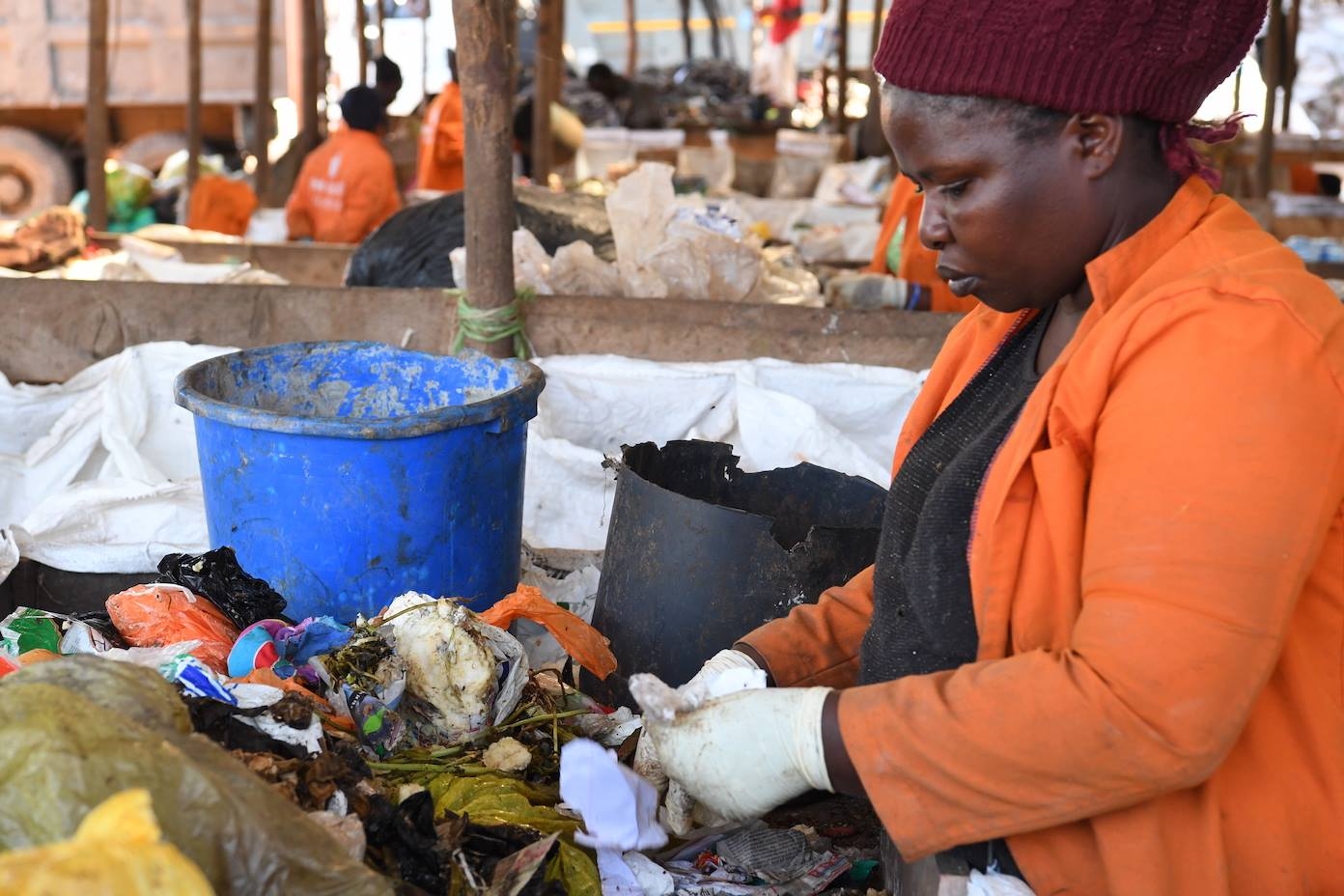
Integrating informal waste collectors into a value chain
Kenya has thousands of people who informally collect waste around the country. They are often some of the poorest people and though it’s an amazing system to watch (for entrepreneurship and recycling), it’s often awful working conditions and is under leveraged and inefficient. Mr Green Africa is streamlining it all through technology. Goods are collected from the waste pickers who can earn better wages and recycled by MGA into materials manufacturers can purchase.
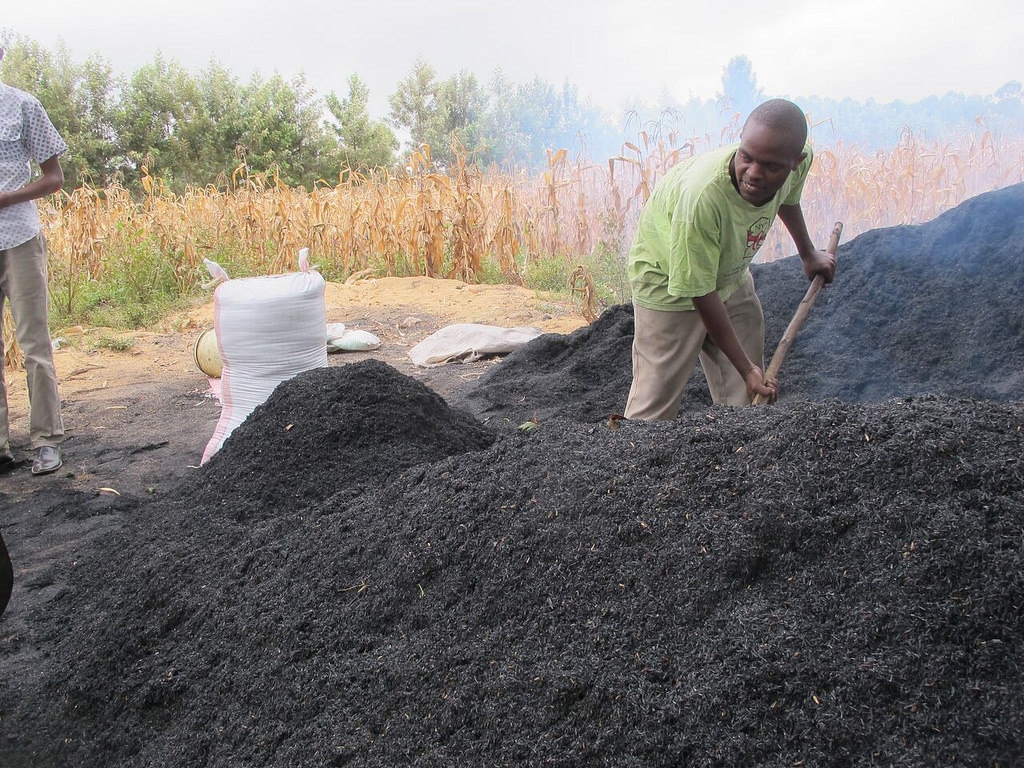
Decentralized, affordable fertilizer using waste
Fertilizer cost in East Africa is higher than anywhere in the world (due to logistics of getting it there from mass produced factories). This is a big problem in a country suffering from soil degradation due to deforestation & climate change. Using waste rice husk, which is traditionally burned, Safi Organics collects it from farmers and processes into biochar using specially developed machinery. The biochar is then stored and a local enzyme added to enable microbial growth. The organic fertilizer and soil treatments are sold back to the farmers directly or through agents (closing the loop in a circular economy). Eco friendly fertilizer that’s much cheaper and can improve farmers’ yields by up to 30%.
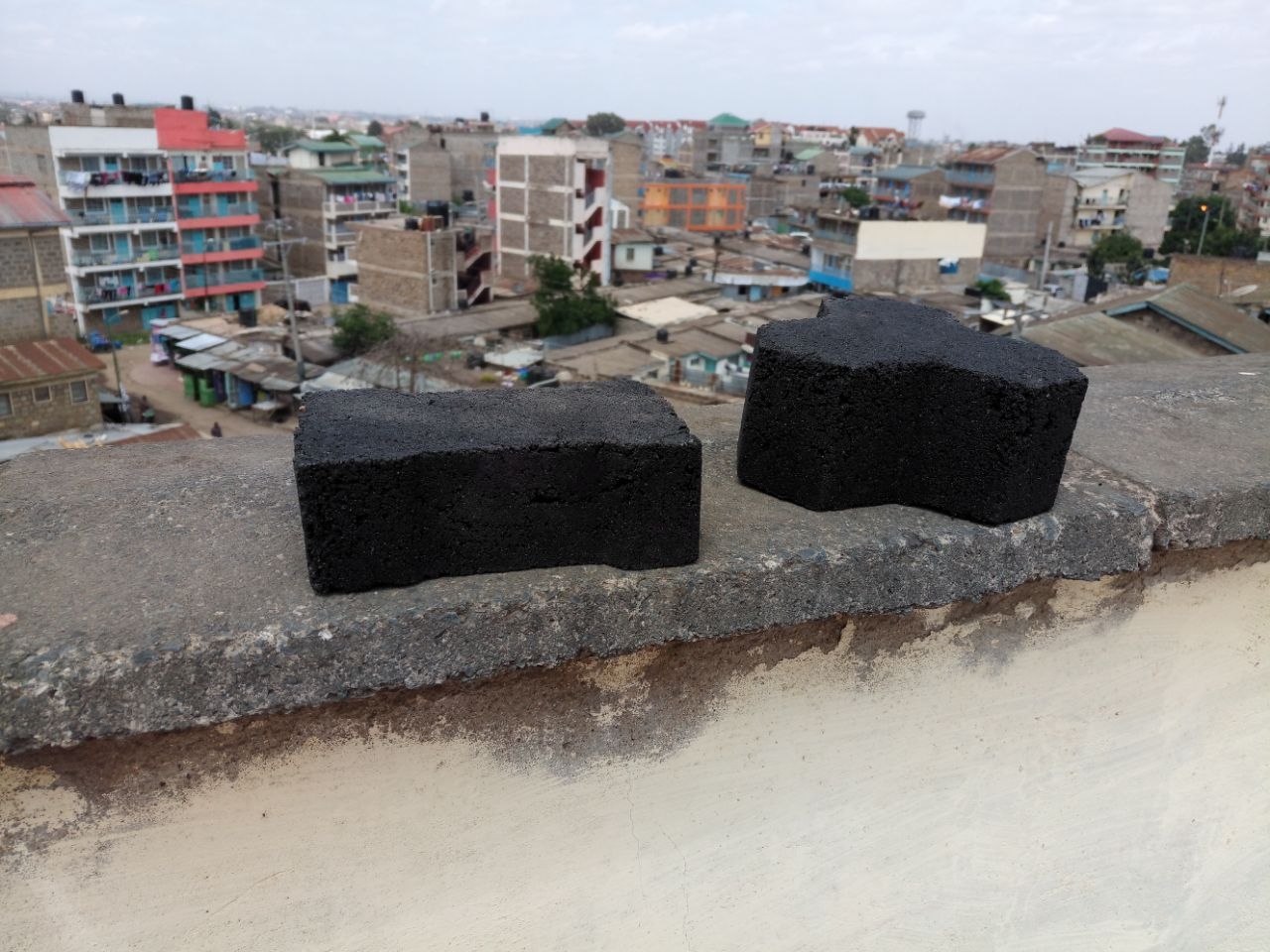
Recycling plastic into paving bricks
Mazingira Safi Innovations is a social enterprise that recycles waste plastics into durable and eco-friendly paving blocks. They also manufacture school chairs and desks from recycled plastic waste to provide low cost eco-friendly school furniture so that every school in East Africa has access to purchase them and reduce deforestation in the process all the while providing employment to marginalized youth and women in the communities they work in.

Seed saving threatened crop species
Seed Savers Network identify fast-disappearing and endagered crops in Kenya, concentrating on finding where the plants occur naturally and engaging in agrobiodiversity restoration practices through ecological farming with the local community to improve seed access and create food security. They work with over 50,000 farmers across Kenya, are a social enterprise and also promote the growth of non-genetically modified crops whilst engaging young people in mentorship programs.
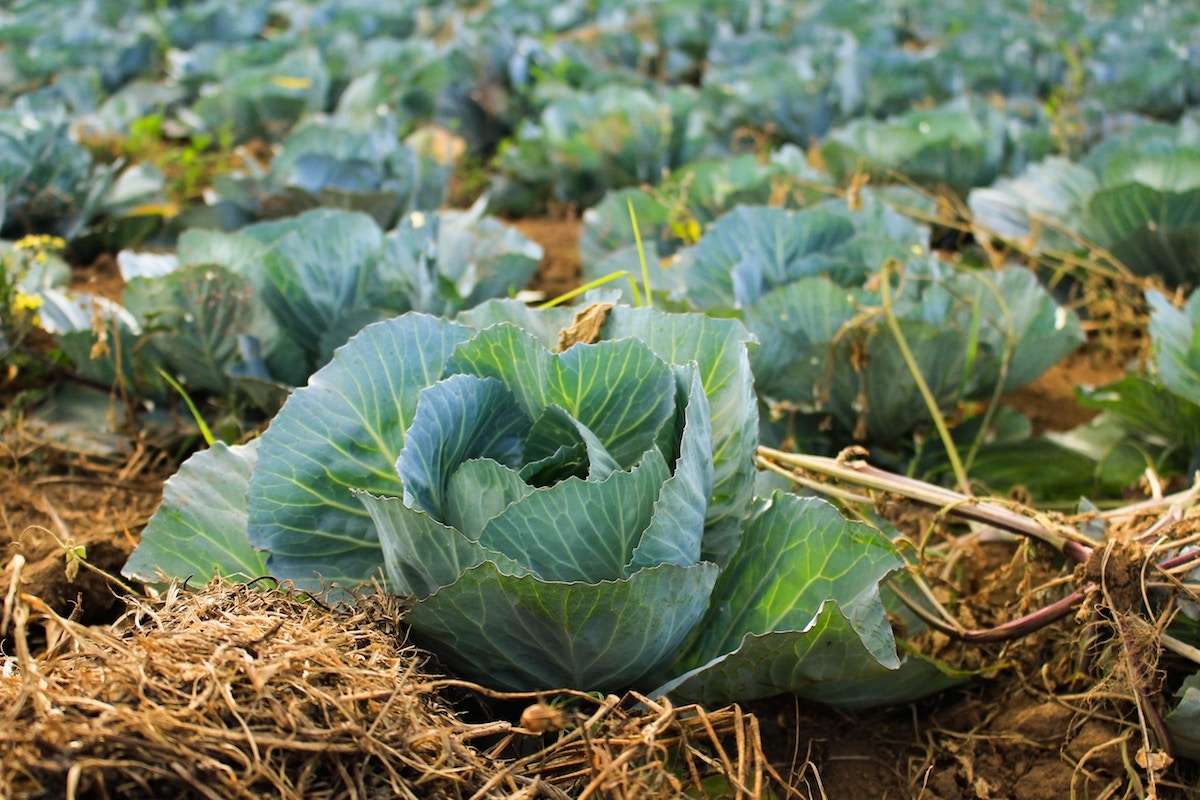
Connecting farmers to consumers directly
Leveraging off M-Pesa technology, M-Farm connects farmers straight to consumers in an online marketplace and uses price trends to help farmers plant and sell. Consumers can jump on, connect with the seller and purchase whilst farmers can plan ahead, and sell more food at a grassroots level benefiting the people in their communities.
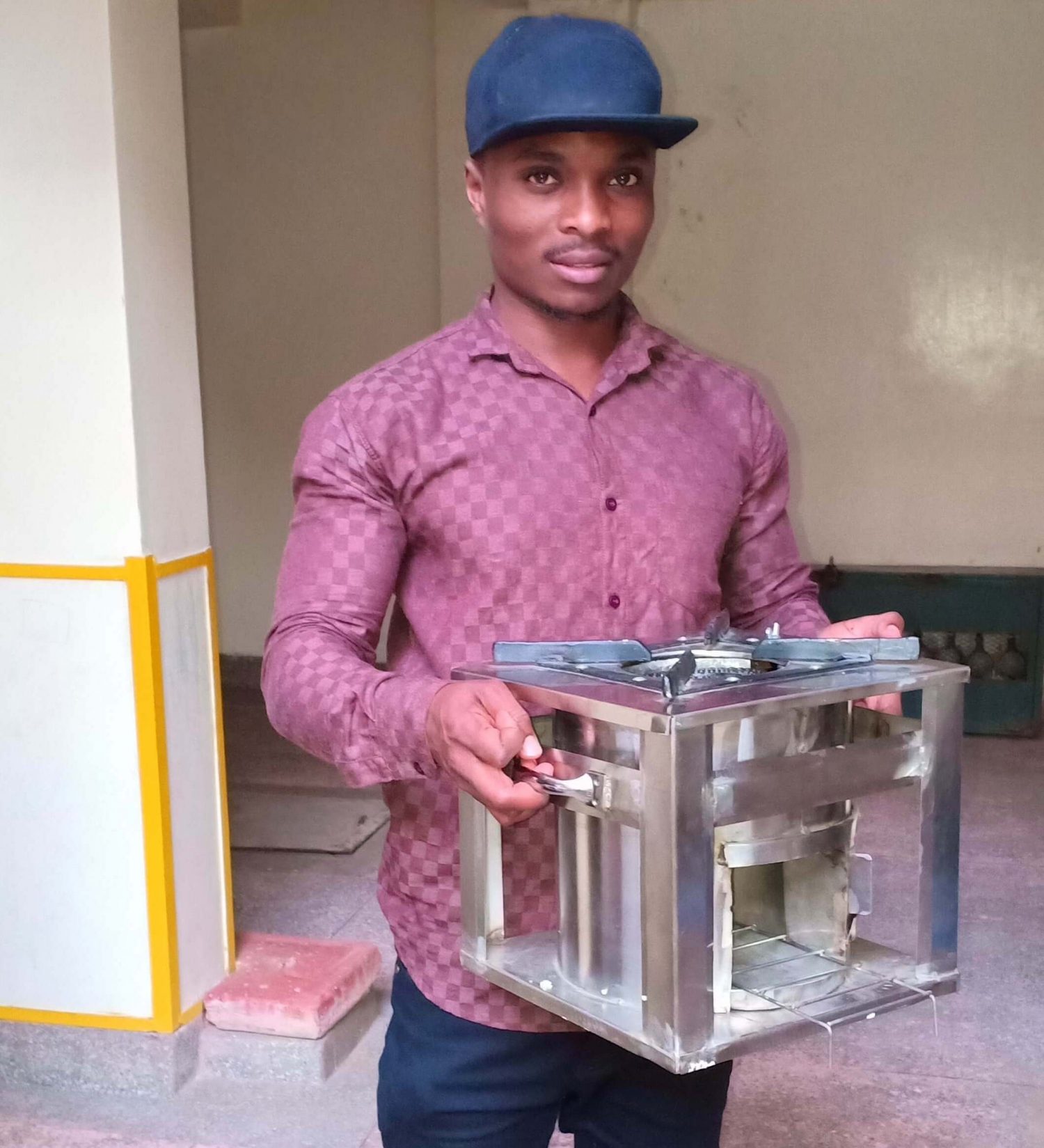
A 4-in-1 eco stove that reduces deaths and increases productivity
F&M Industries led by one enterprising guy (Feabrine Asiachi) created a stove that could be run from one of four renewables energy sources; briquettes, LPG, biogas, and sawdust. The stove reduces deforestation (no firewood though that can be used if needed) and as burning wood also creates indoor air pollution (the cause of approx 16,600 deaths per year) it also decreases this significantly. Lastly, many women & children spend hours every day simply fetching firewood. Allowing different, and easier, energy sources to be used frees up their time which can instead be used for generating income and going to school.
Special mentions

Green Pencils recycles newspaper, preventing more trees being cut in order to produce wood pencils. They now manufacture paper-based pens, reducing the plastic component by over 90%.
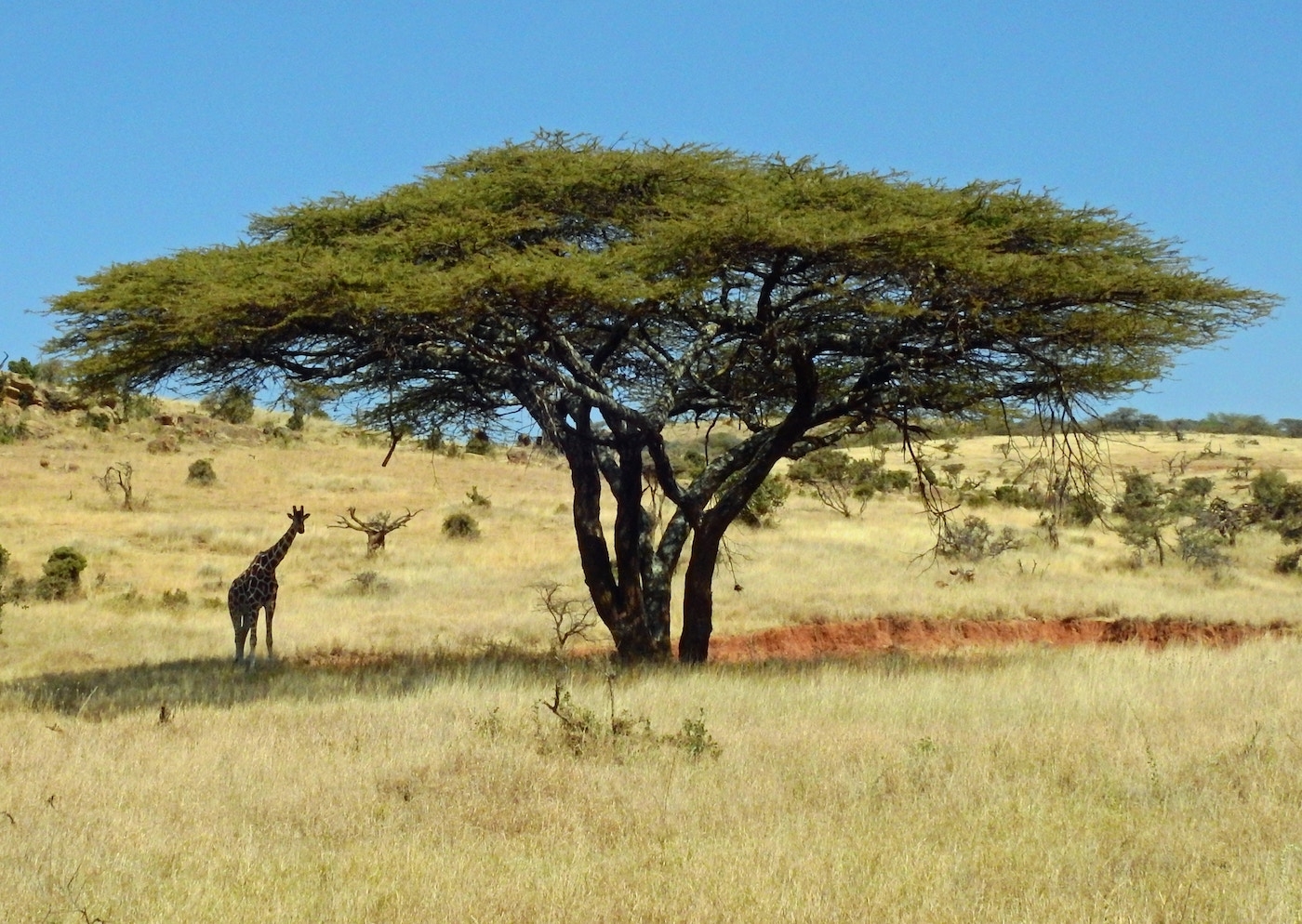
Proactiv Merit runs the "every acacia for a hive" project. Instead of cutting down acacia trees (which are important in the eco system) for burning, acacias are kept and planted with bee hives. The hives are tapped for raw, natural honey that provide more income to the farmers than the felled trees and bring back the bees too.
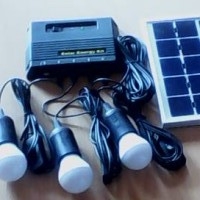
To promote off-grid power to rural area, Cobitech solar created an energy kit that has a small battery pack charged by a 5 watt solar panel and powers 3 LED bulbs and has a USB port for mobile phone charging. Partnering with micro-finance institutions allows them to be purchased ($5.5 per month up to $64.5 and they're also insured).

Garden City Nairobi is a new building with Africa's largest car park mounted solar system!
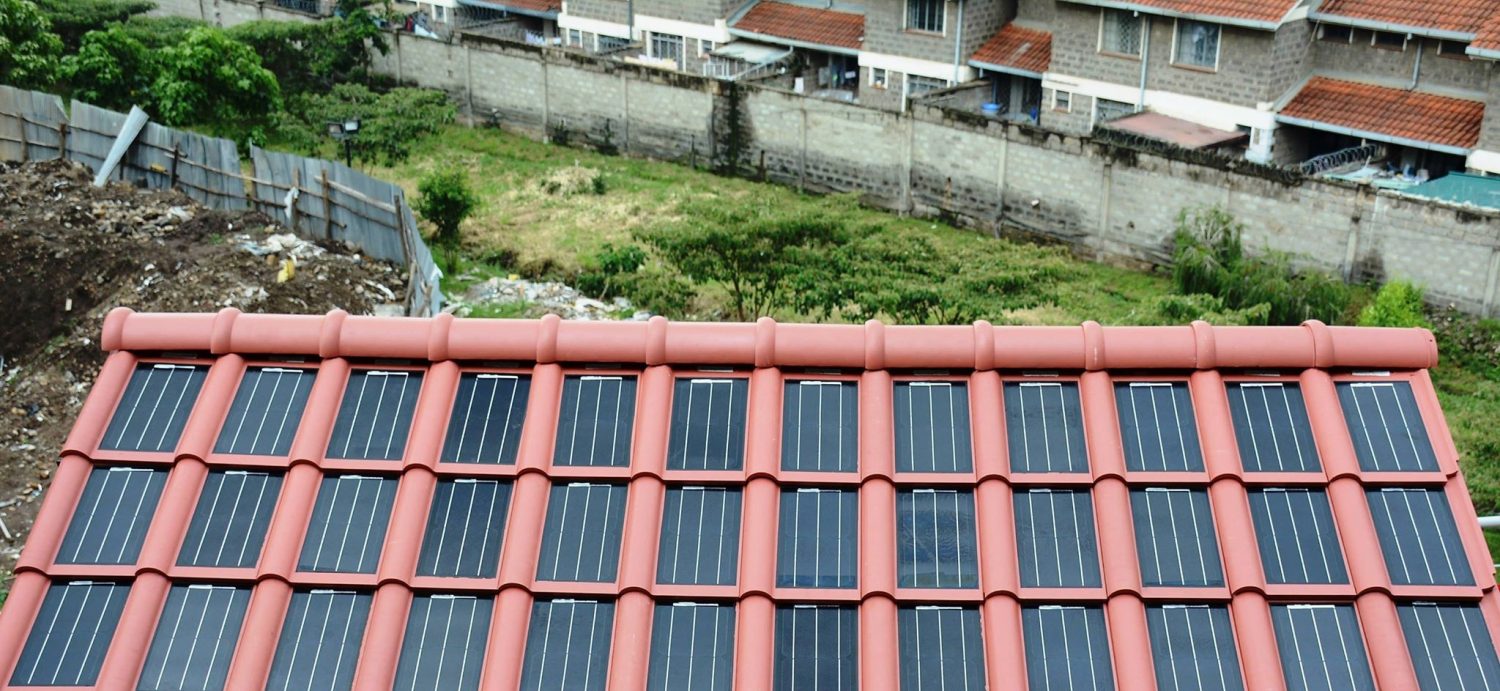
Strauss Energy enables home owners and companies to earn income from power generating photovaltaic roofing tiles. The tiles have solar cells that power the house (major cost saving) and excess power generated is fed into the national grid for extra income.
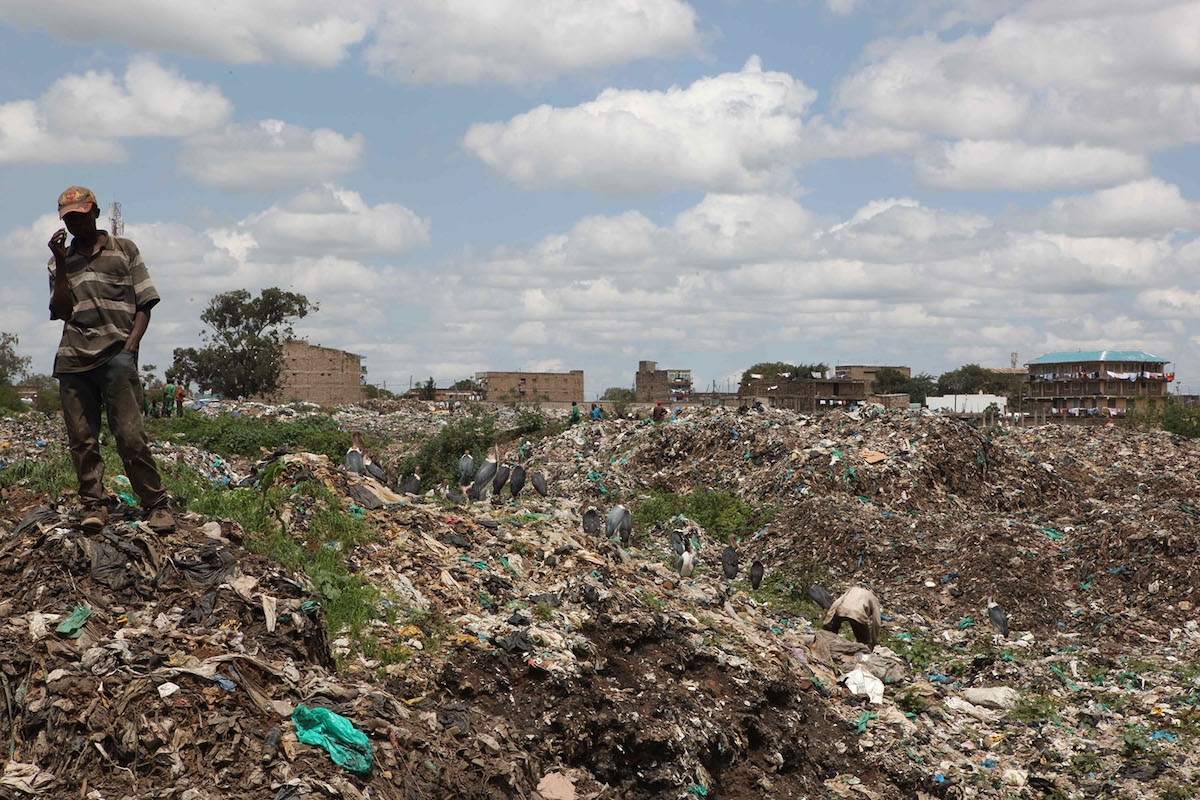
TakaTaka is a social enterprise for a green Nairobi through waste collection, recycling and composting. The latter includes TakaSoil made from separated organic waste produced with technology. At their collection facility, each of their sorters sorts more than 500kgs of waste per day!
Post & share these out!
